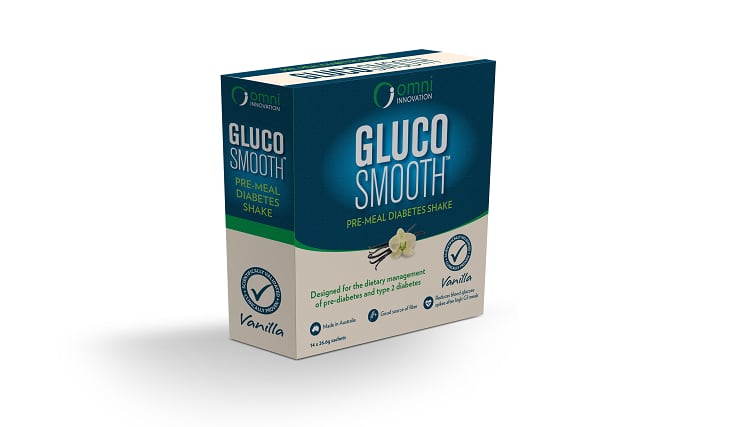Under the framework, general foods can make function claims so long as there is sufficient scientific evidence backing the claims.
General foods, in this case, include a variety of dosage formats, including beverages, confectionery, to capsules, pills and tablets.
Major food brand Pulmuone was the first to launch a General Foods with Function Claims product last month.
The product, a beverage under the brand Pulmuone Green Juice, contains probiotics Lactobacillus Plantarum PMO 08 – the company’s proprietary strains isolated from kimchi.
Also containing Bifidobacterium and a variety of vegetable and fruit juice, the product claims to contain probiotics that help with the growth of lactobacillus, regulate bowel movement and intestinal health.
A 130ml-bottle costs KRW$2100 (US$1.80).
In fact, the company said it has registered a few more products as general foods with function claims.
An example is the ‘PGA Plus Calcium Soft Tofu’ – PGA in this case refers to polygamma glutamic acid. The product claims that it ‘contains PGA, which is known to help promote calcium absorption in the body’.
Another company which has entered the space is Orion, which said it would re-brand its Dr You Jeju Volcanic Water – said to be abundant in calcium, potassium, magnesium, zinc and is within the pH of 8.1 to 8.9.
The company also said it would launch beverages, jellies, and chocolates as part of expanding the portfolio throughout this year.
At this stage, only these two companies have launched or expressed the intention to launch General Foods with Function Claims, although the idea was first revealed and made known by the Ministry of Food and Drug Safety (MFDS) about five years ago.
“This is simply because nobody knows if this business will be successful or not,” Dr Frank Kim, founder and CEO of SEAH Bio, a South Korea-based regulatory consultancy specialising in nutra and pharma regulations, told NutraIngredients-Asia.
“From the regulatory standpoint, we do not have any problem, we can develop and launch the products.
“But companies do not know what consumers' response will be. Many companies are waiting for the sales results from the two companies.”
Dr Kim, who was also part of the consultation panel when MFDS was drafting the regulation, said major firms have been developing new SKUs under this framework, but have been waiting for the right time to launch the products.
“The problem is on the timing of the product launch…So far, there is no data gathered on the sales performance of Pulmuone’s products.
“We expect the preliminary results to be out by the end of Q1. And then, the other companies will make a decision to move forward or to modify their strategies and marketing channels etc.”
Consumer education
Another concern is consumers’ level of understanding towards General Foods with Function Claims.
In South Korea, there is another framework, known as the Health Functional Foods, which similarly also allows processed foods to make health claims.
Started in 2004, only nutraceutical formats such as capsules, tablets, and granules were allowed when making Health Functional Foods.
However, the authorities have since expanded it to allow all other types of processed formulations, including beverages and general foods formats.
“However, the other formulations were not common in the market, because the registration and regulation are not as easy when compared to the supplement formulations.
“Companies then requested help and eventually the authorities came out with a new framework, which is the General Foods with Function Claims,” Dr Kim explained.
All food formulations defined in the Korean Food CODEX could be made into General Foods with Function Claims.
“I think [consumers’ ability] to differentiate the General Foods with Function Claims is an issue. The regulation officially started only this year, even companies are not familiar with it.”
To which, he said that the MFDS would be started on education campaigns on TV and advertisements.
“It is really important that the health authorities take a full responsibility to educate consumers on how they could differentiate between HFF and General Foods with Function Claims and even the medical products.”





